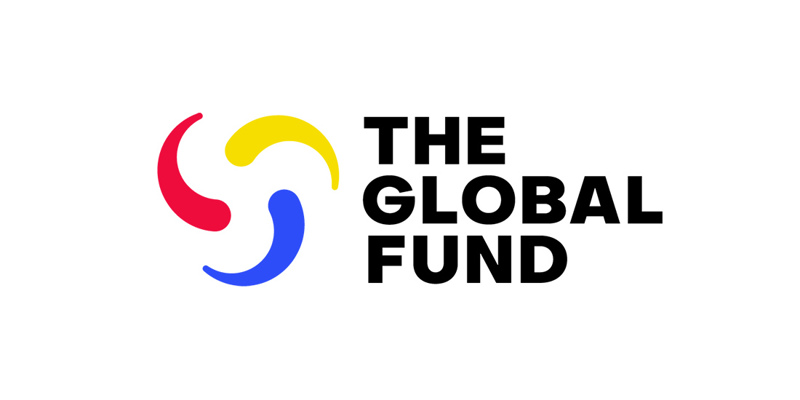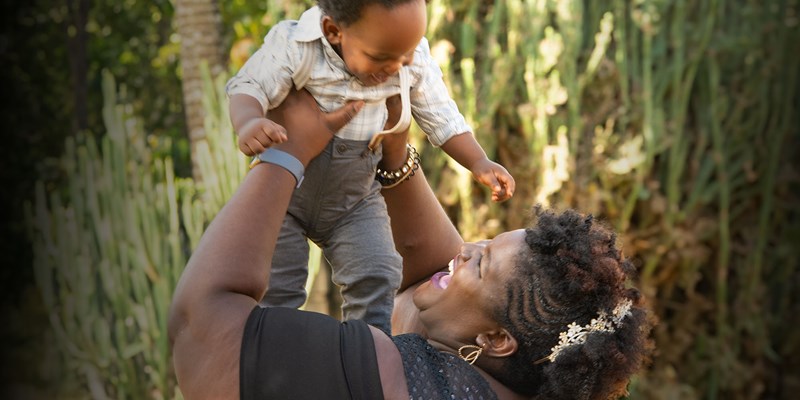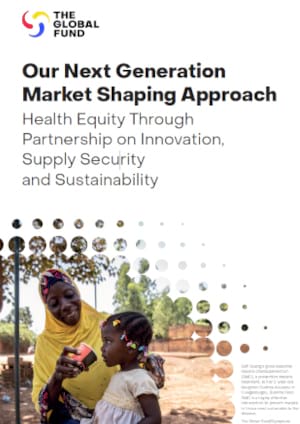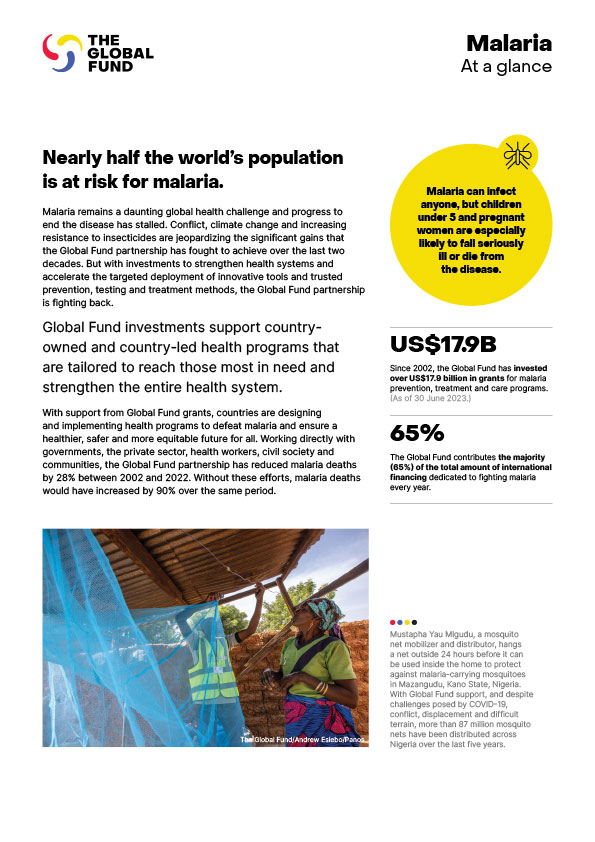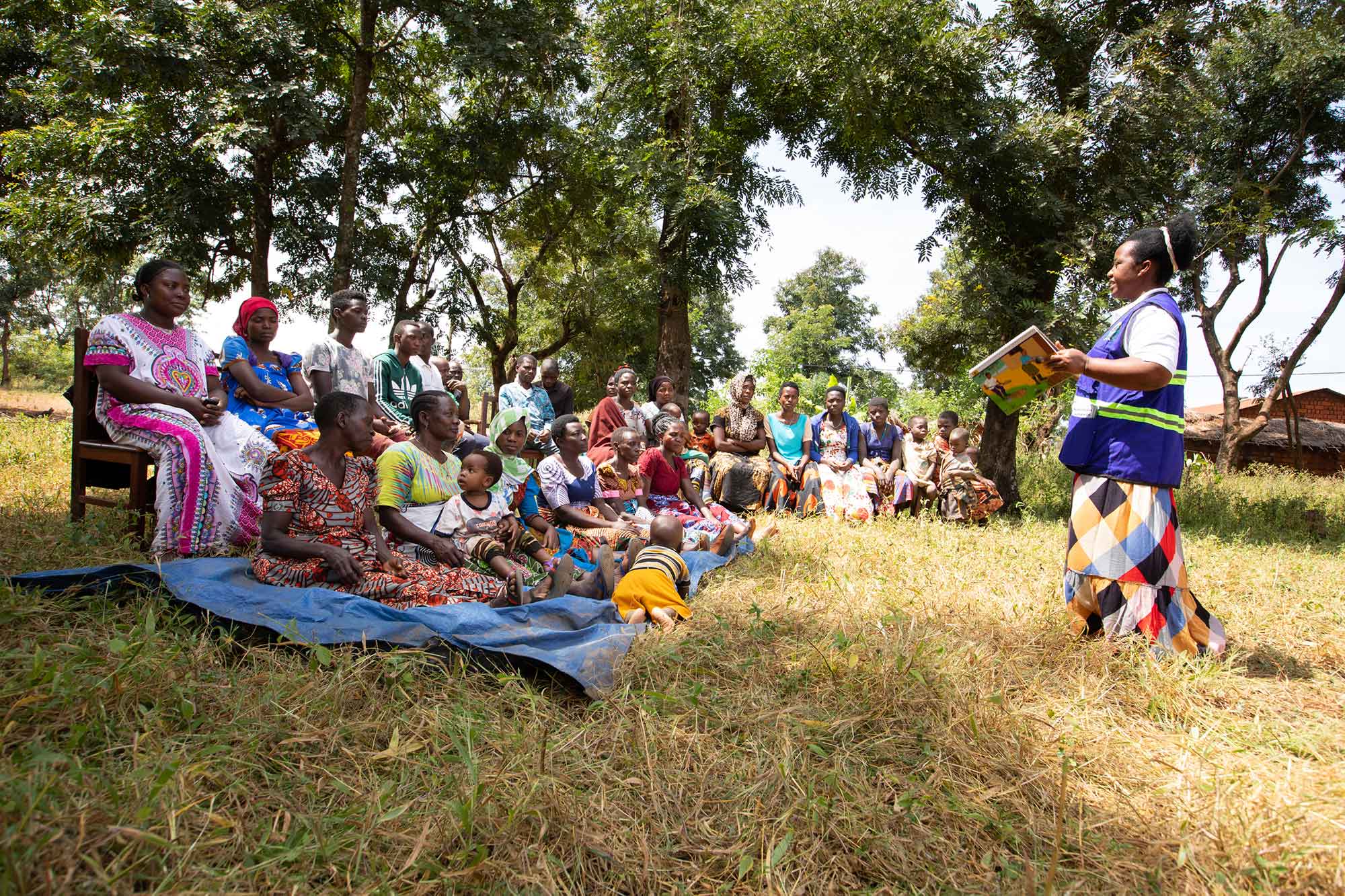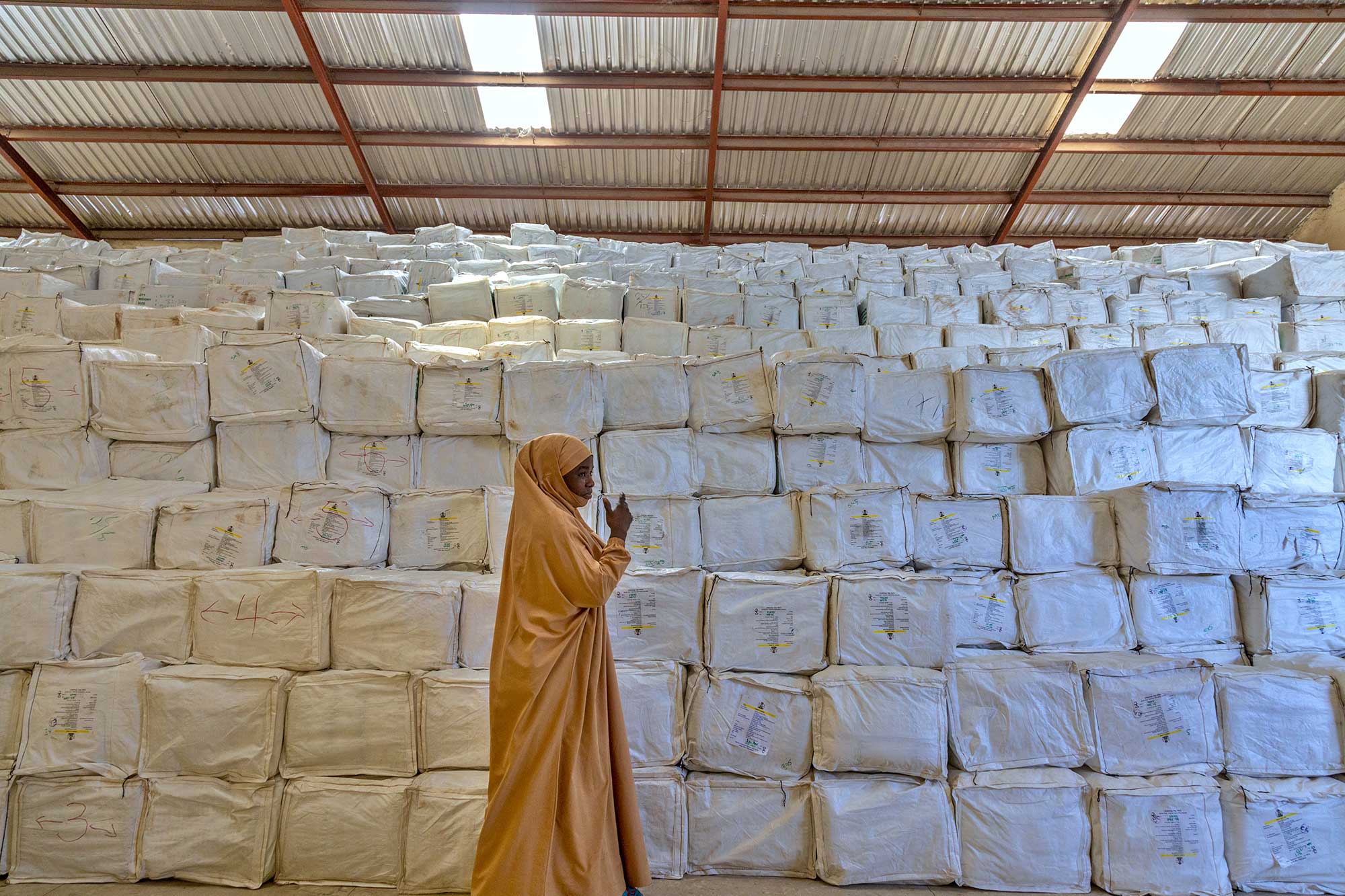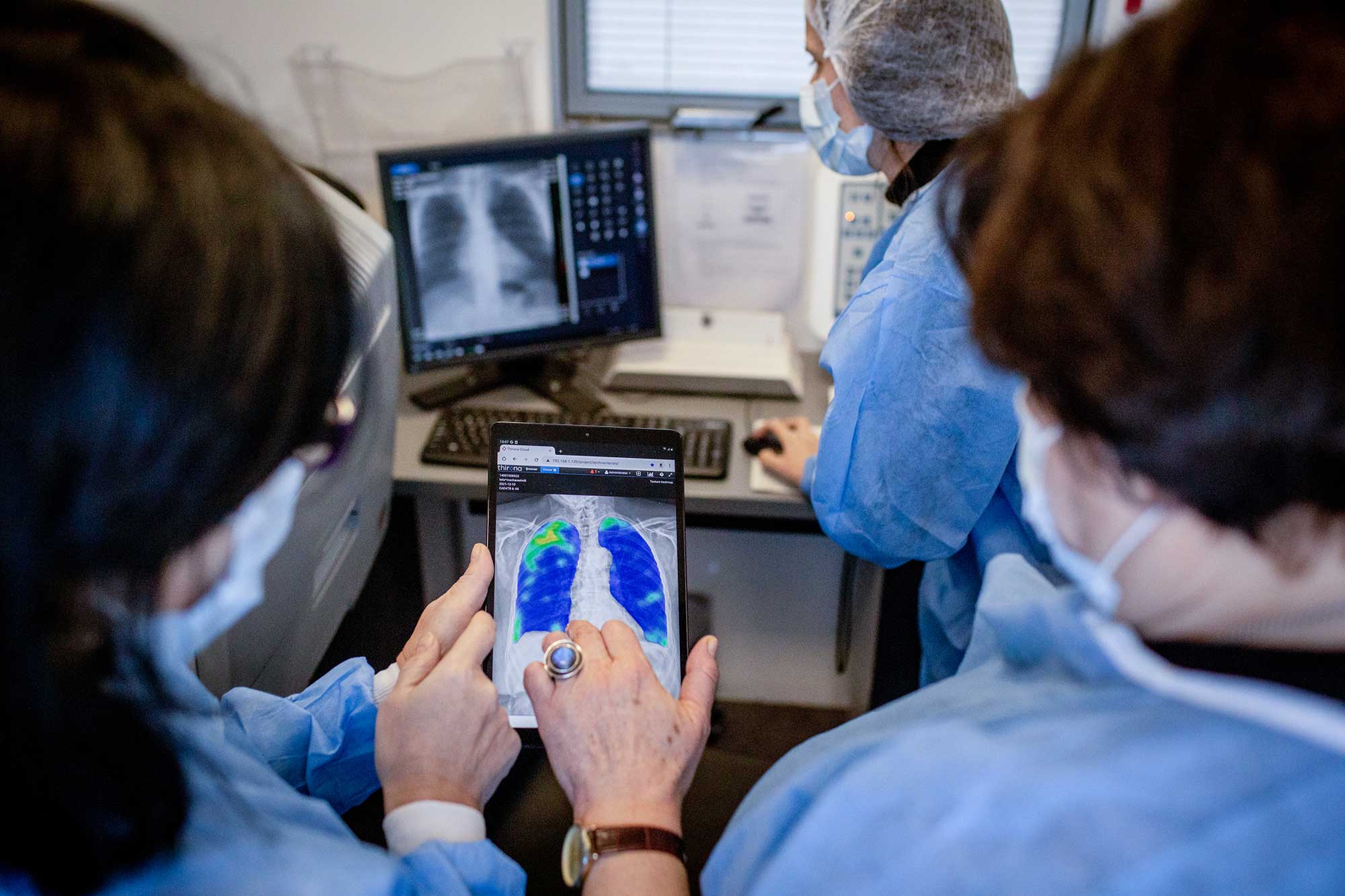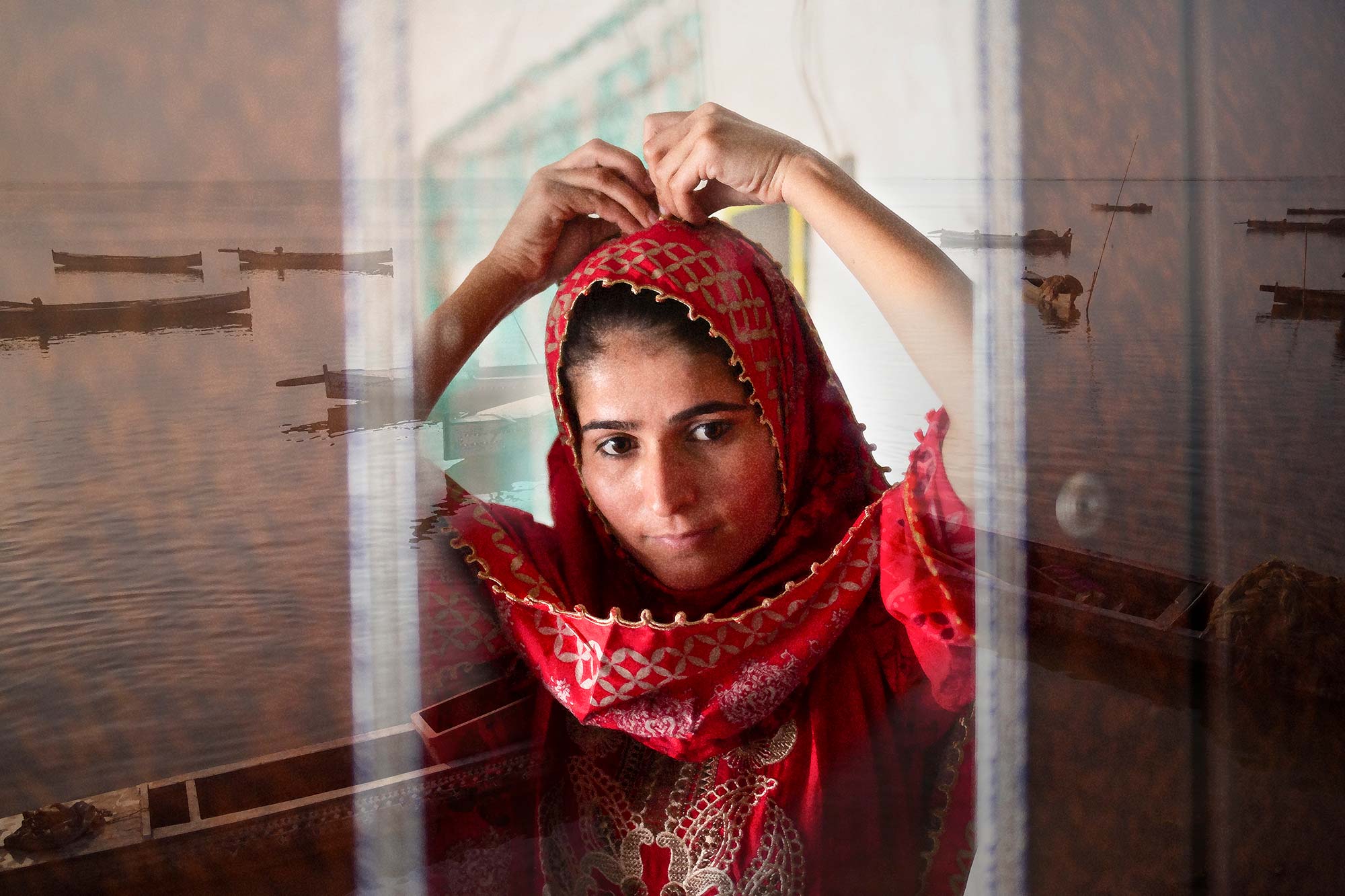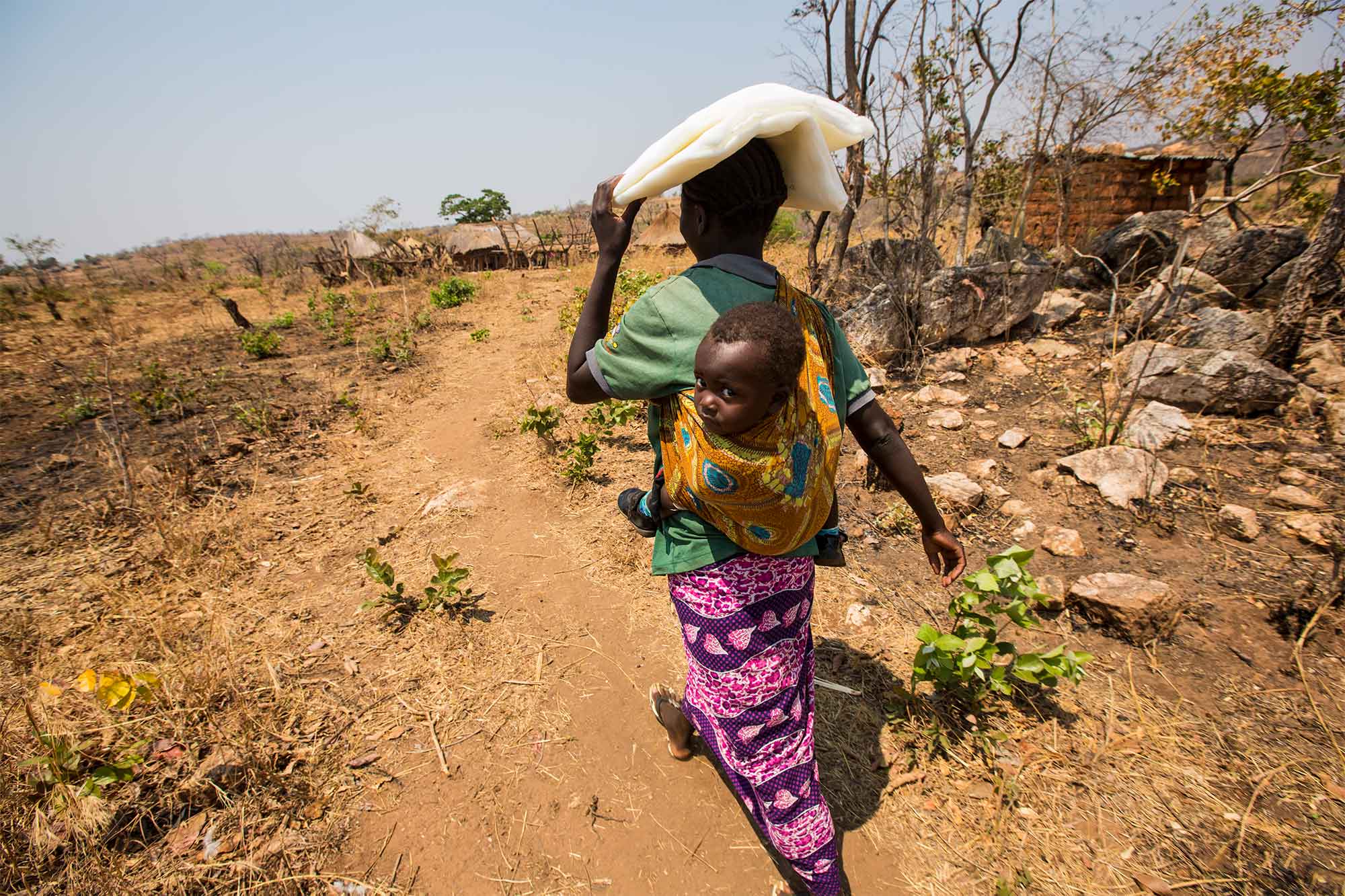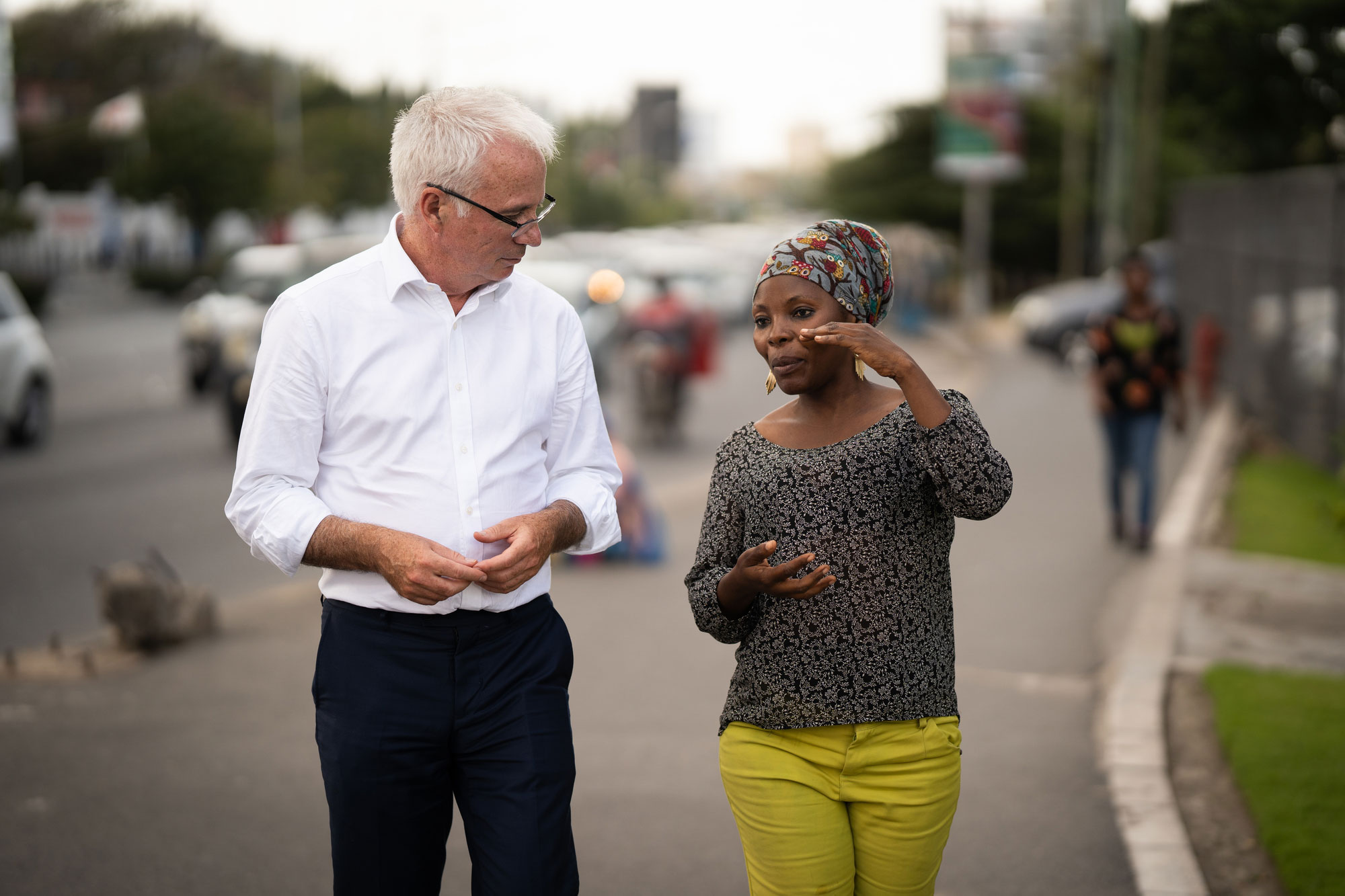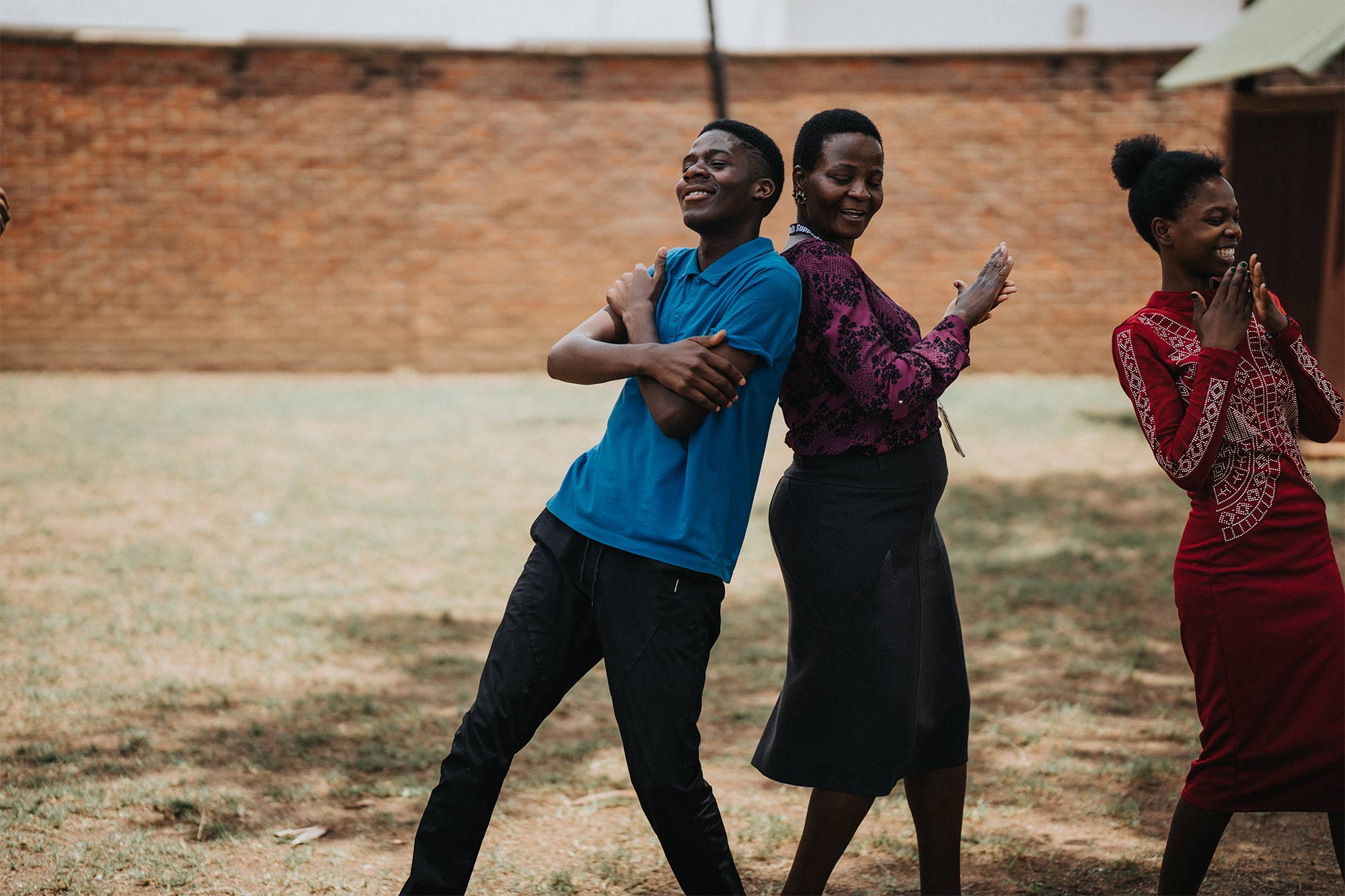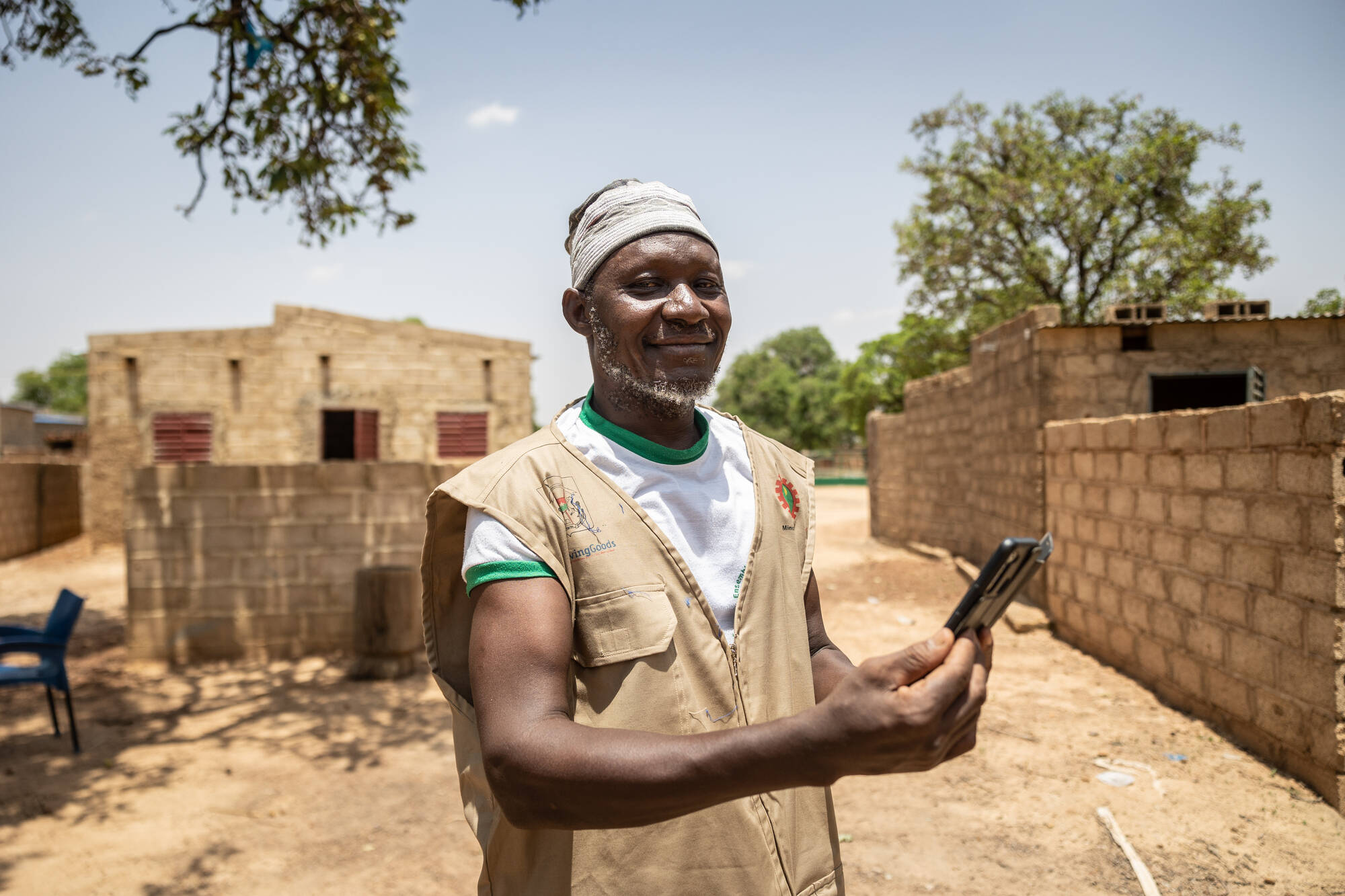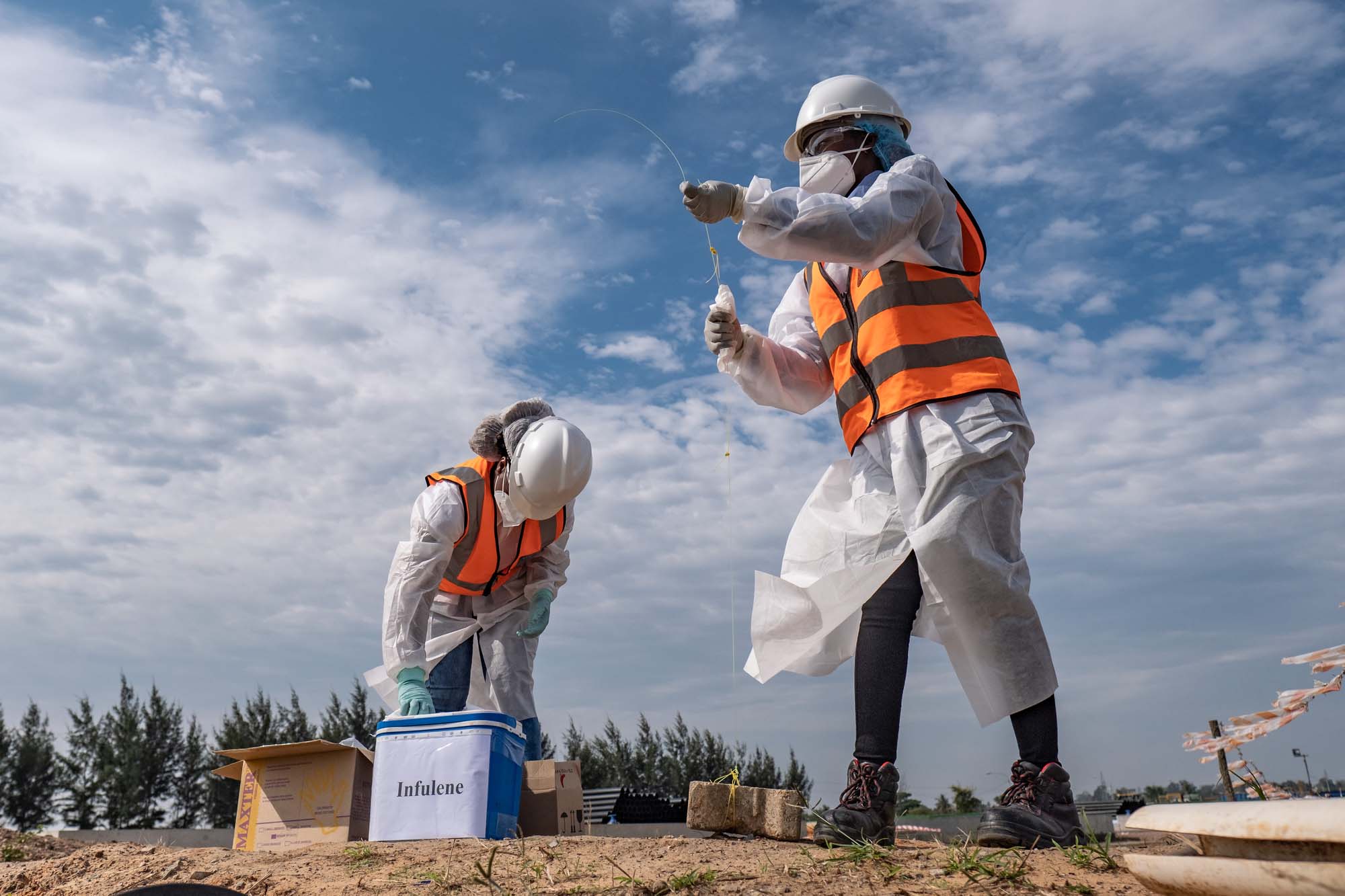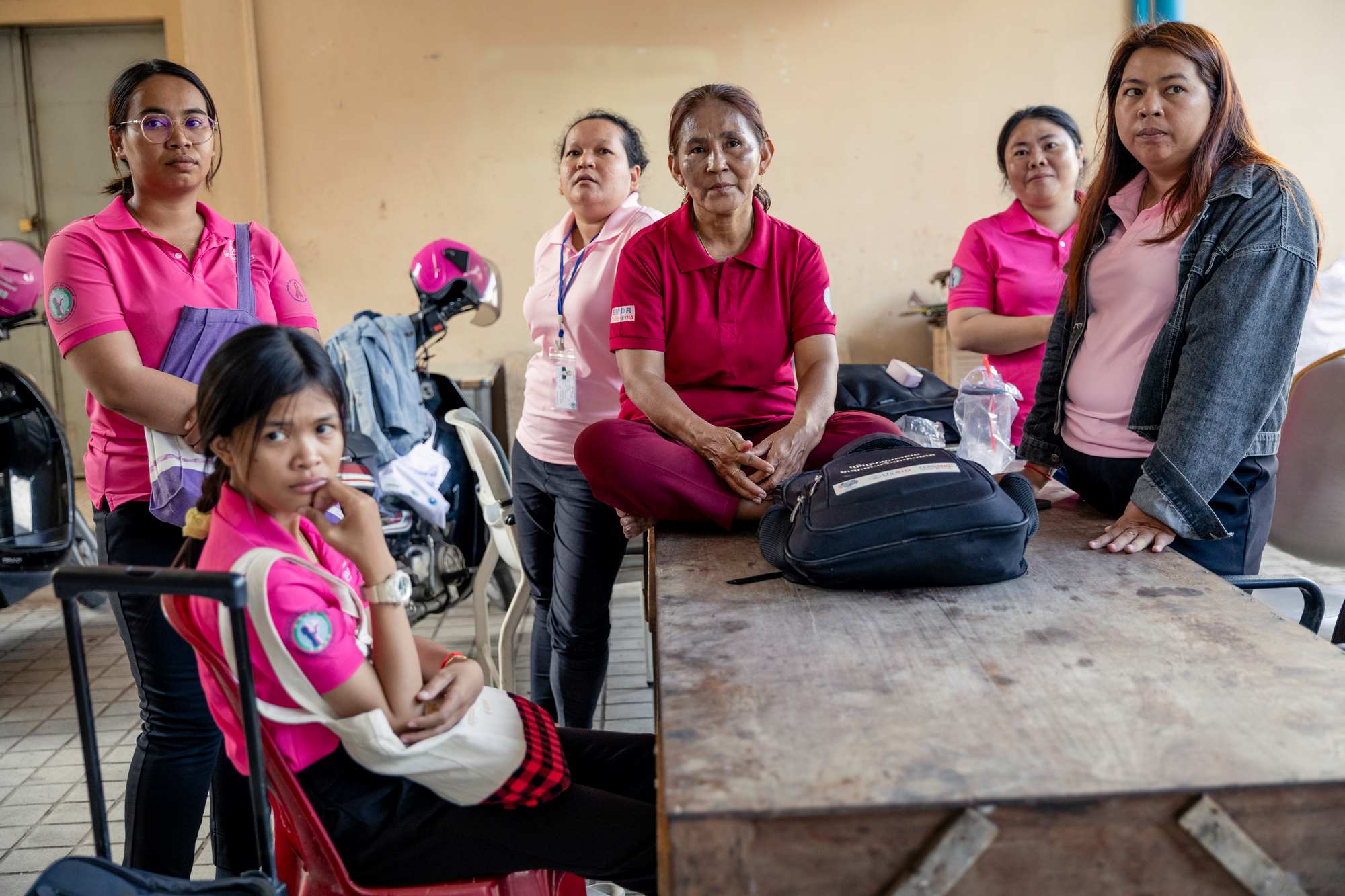
September – Celebrating 59 Million Lives Saved Since 2002
The 2023 Results Report detailed a year of rapid acceleration in the Global Fund partnership’s fight against HIV, TB and malaria. Programs to tackle the three diseases registered a solid recovery after being disrupted by the COVID-19 pandemic. Since 2002, the Global Fund partnership has saved 59 million lives, but efforts must be accelerated to meet the 2030 targets of ending the diseases by 2030.

